
Since the advent of Islam in the seventh century in the Arabian peninsula, Catholics have looked for ways to share the Good News of Jesus Christ with Muslims. While Islam does recognize Jesus Christ as a prophet, it denies Christ’s divinity and instead considers the Prophet Muhammed to be the last and greatest prophet sent by God.
For this and other reasons, Islam has shown itself to be very resistant to proclamations of the Gospel. But that doesn’t mean Christians haven’t tried.
Perhaps the most famous attempt to evangelize Muslims occurred in 1219 when Saint Francis of Assisi (1181-1226) traveled to Egypt with companions from his new order of friars. He had a simple goal: bring the famous Muslim sultan, Al-Malik al-Kāmil, to conversion and thereby stop ongoing war, violence, and persecution of Christians in the Holy Land. Francis expected martyrdom and was even ready for it. Instead, the sultan sent him away in peace, which was probably a relief to Francis’ Christian companions but was a disappointment to the saint. However, the Franciscan order has been given custody of Catholic holy sites in the Holy Land for several centuries as a result of the good will created by the saint of Assisi, a sign that Francis’ holiness was not without effect.
On June 29th, the Church commemorates another holy man who felt called to reach out to Muslims. Blessed Ramon Llull (1232-1316) is not as well known today as Saint Francis, but he was born in Spain only six years after Francis died in Italy. Like Francis, Ramon was born into a wealthy family and had secular plans for his life until a vision of the crucified Christ changed his heart. But unlike Francis, Ramon was a married man with children and a position in the king’s court at the time.
However, the call of Christ was too strong for Ramon, and he left everything and everyone behind to become a Franciscan tertiary. What did Ramon think God was calling him to do? Bring Muslims to Christ. How did Ramon think he could be most effective in spreading the gospel to Muslims?
By the thirteenth century, Muslim scholars had rediscovered the works of ancient Greek philosophers and were studying philosophy, mathematics, and science, using the writings of the Greeks. The wisdom found in these writings later caused European Catholics including Saints Thomas Aquinas and Albert the Great to argue in favor of studying these Greek works. They, along with other Catholic scholars, used Greek philosophical concepts to invigorate Catholic theology and philosophy.
Ramon recognized this popular interest in Greek philosophy as an opportunity to reach Muslims. He therefore learned Arabic, as well as philosophy, theology, and science, and he wrote hundreds of works in multiple languages, all designed to start conversations between Muslims and Catholics. While few of his works are currently available in English and while he’s now remembered more for his mystical poetry, he was unquestionably an outstanding apologist to Muslims in his day.
If Blessed Ramon were alive today, what would he do to introduce Muslims to Christ? Where would he encourage us to go, to reach out to Muslims who are willing to talk to us?
The internet, of course. An excellent recent article, “Poking Holes in the Koran”, explains how many Christians have been making use of online platforms—and the pandemic—to carry on a debate with Muslims about the Koran. Catholics and Evangelical Protestants have been quietly utilizing the modern tools of historical criticism to point out that there are variants in copies of the Koran, a provable fact which undermines Islamic claims about the history of the Koran. While this online battle for souls is still going on, its success so far shows that sharing the Gospel with those who seem farthest away from us is always possible, with God’s grace.
Saint Francis and Blessed Ramon would be proud.
If you value the news and views Catholic World Report provides, please consider donating to support our efforts. Your contribution will help us continue to make CWR available to all readers worldwide for free, without a subscription. Thank you for your generosity!
Click here for more information on donating to CWR. Click here to sign up for our newsletter.





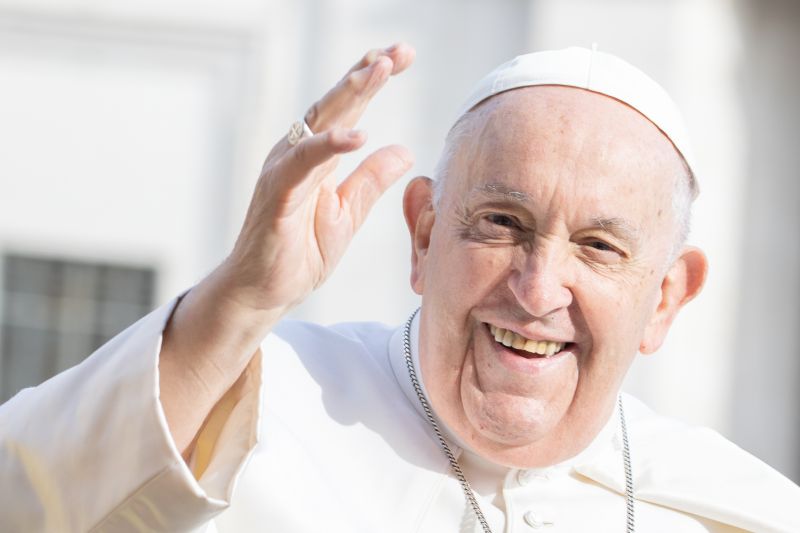
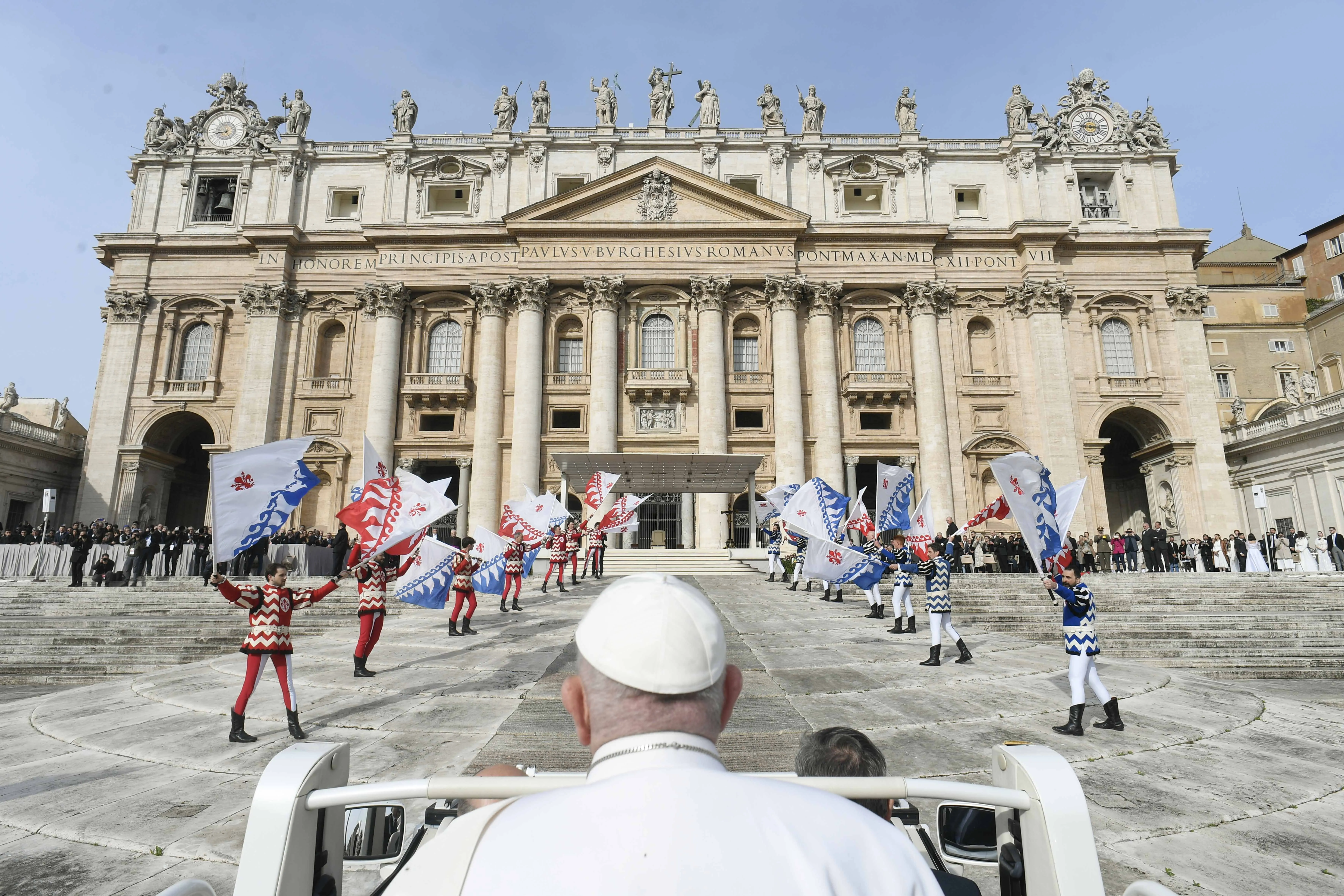
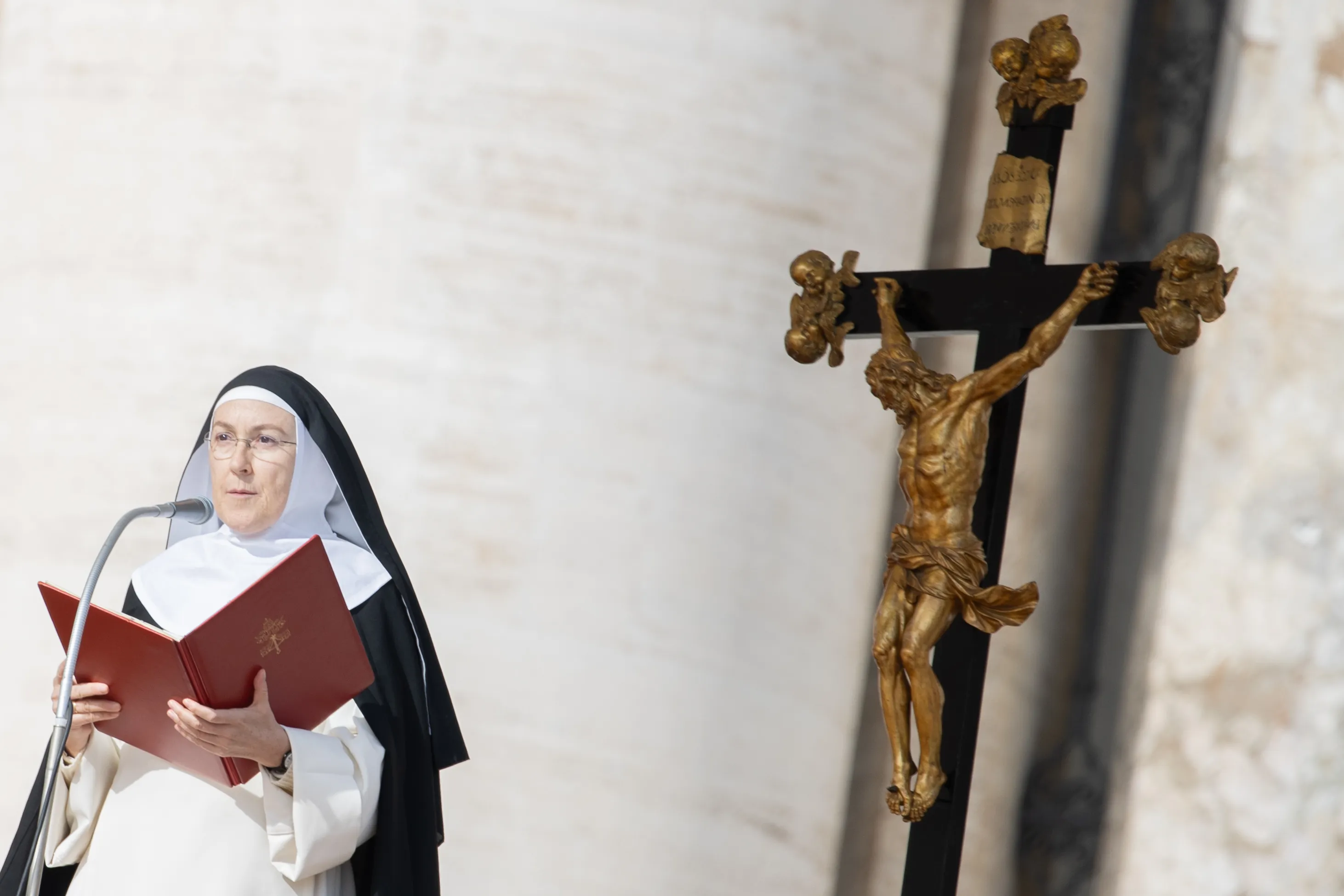
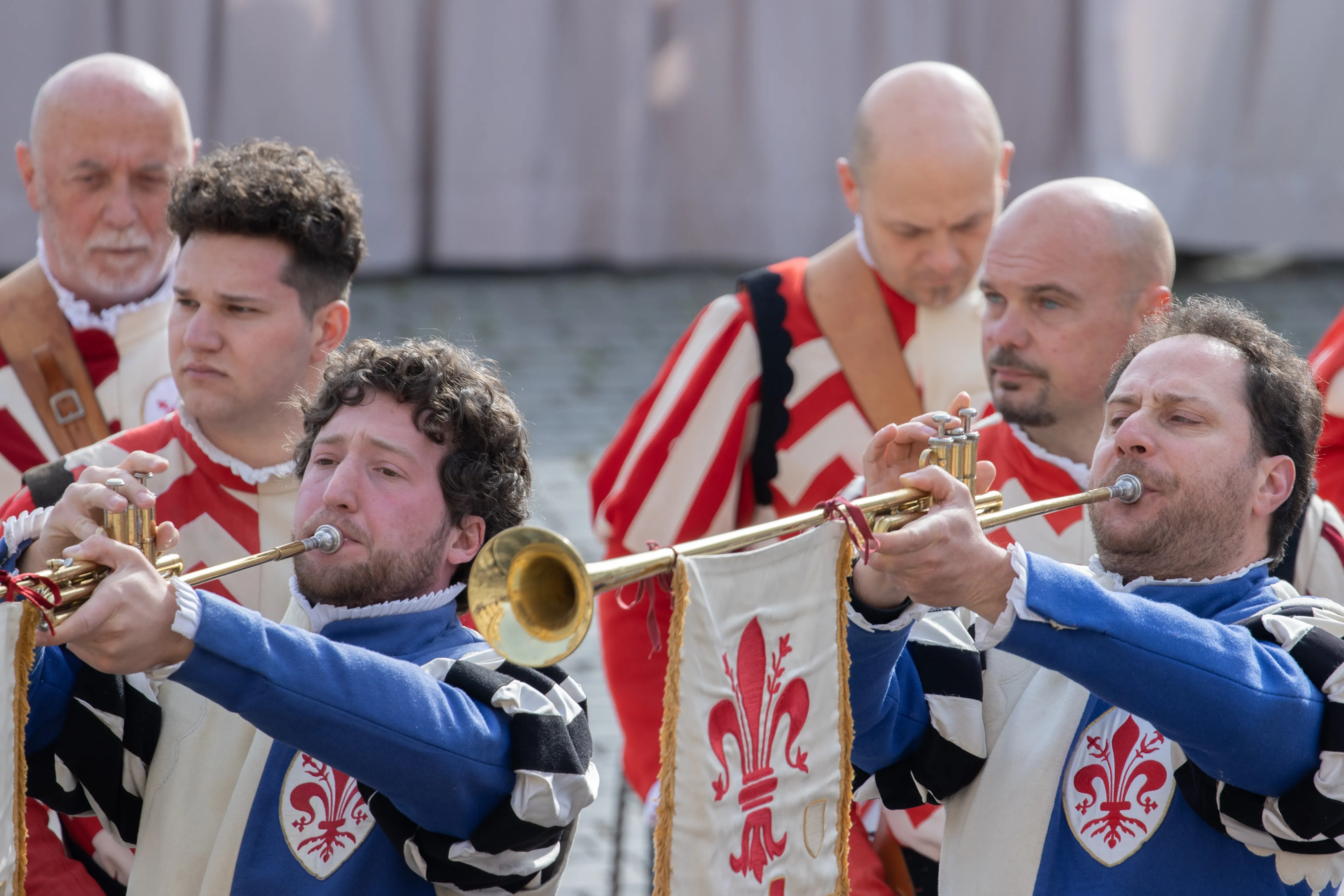
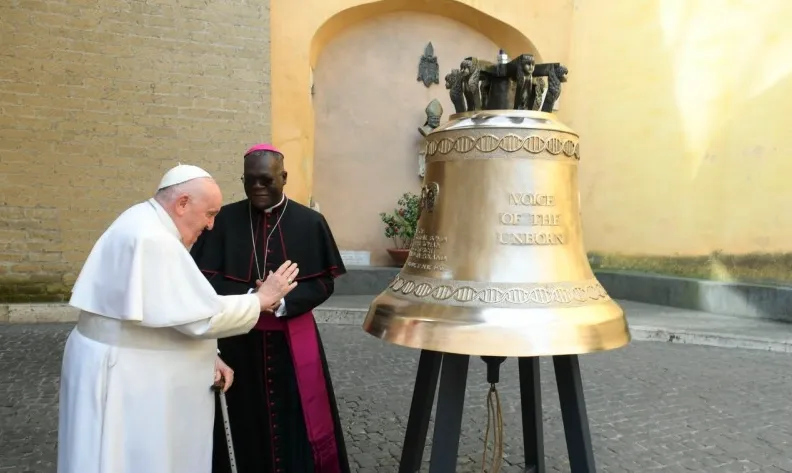
Aside from Raymond Lull, two other contact points are that of the Medieval theologian Duns Scotus and the Muslim Al-Ghazali…
The mediating “laws of nature” (the distinctively Western artifact), contradict Islam which sees the existence of all things more as particular and unique acts of direct creation. DUNS SCOTUS (1266-1308) was influenced by Avicenna (and was beatified by Pope John Paul II in 1993) and stressed the very free or arbitrary “will” of God at the damaging expense of the human “intellect” (as does the fatalism of Islam). The coherence of grace with nature, and of the revealed/self-disclosed Faith with human reason, are separated by a wide gulf from Islam.
In his own and personal religious search, the famous AL-GHAZALI (1058-1111), a most prominent Muslim philosopher (the “Pascal of Islam”), turned finally to Sufi mysticism (a sect somewhat within the collage called Islam). He was influenced partly by classical thought and Jewish and Christian ideas. His autobiography—”Deliverance from Error”—is compared to the late fourth century “Confessions” of St. Augustine. Both writers stress the interior life (totally trashed today by radical Secularism) and the path from repentance, to renunciation, and to illumination which is revealed by God to man (under Christianity, particularly through the unique, particular, direct and historical Incarnation).
The “witnesses to Christ” can have a chat with the “followers of Islam,” still the acceptance of a self-disclosing and Triune God is incompatible with the monolithic monotheism of Islam itself.
And, the real Qur’an, as the very essence of the divine (“dictated,” not merely “inspired”—and therefore outside of history) is impervious to Western-style historical criticism…
On whether we live in God as Islam believes, or whether a gratuitous God also lives in us (!) as Christians affirm, St. John proclaims: “We have seen and testify that the Father sent his Son as savior of the world. Whoever acknowledges that Jesus is the Son of God, God remains in him and he in God” (1 Jn 4:14-15).
Thank you – may the zeal and fruits of the heroic efforts of many continue to bless us all in need of ongoing personal conversions and desire to bring same unto others .
‘Did you know / do you believe ( latter for Christians ) that The Lord had foreseen you and loved you 2000 years ago and prayed for you .. ‘
as possible in The Divine Will in The Lord – good to remind oneself too of same often enough for every occasion of choosing to have caused Him pain , in complaints instead of trust and its prayer of hope and gratitude –
The Islamic world in seeking the Will of God and many amidst us too , who
see the effects of the rebellious self will all around and desire instead the Oneness in hearts , in the intent to live in the Divine Will ; we are blessed with the many resources on line and in print as well as good talks on same –
https://radiomaria.us/learning-to-live/page/2/
The gentle and heart warming messages of the Holy Father that are also blessings – may same find its rightful place in all our hearts too , to bring its fruit of freedom from all enemy induced fears and bitterness –
https://www.catholicworldreport.com/2021/06/29/full-text-pope-francis-homily-on-the-solemnity-of-saints-peter-and-paul-2/
Blessings !